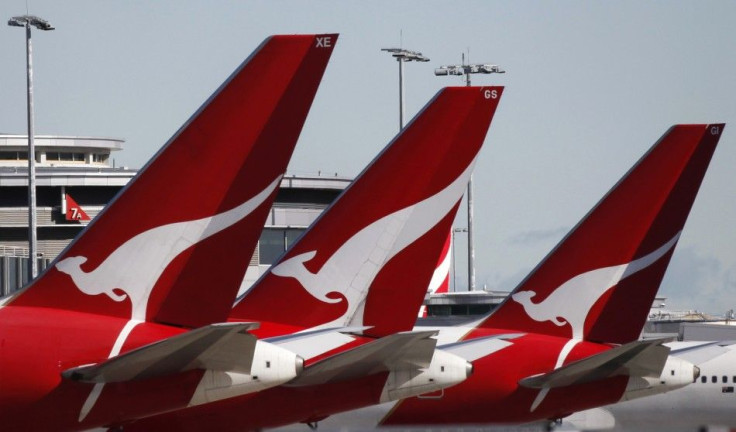Qantas Ditches Tourism Australia, Claims Sabotage

There’s a feud broiling Down Under after Qantas dumped its 40-year companion Tourism Australia -- and claimed sabotage in the process.
The national flag-bearing carrier is locked in a dogfight with the governmental body over a perceived conflict of interest, and it suspended its lucrative three-year, $52 million marketing deal with Tourism Australia on Wednesday. Qantas boss Alan Joyce, it seems, believes tourism chief Geoff Dixon is part of a consortium trying to unseat the airline’s management and buy out the company.
Dixon, a former Qantas chief, ran the carrier between 2001 and 2008, when Joyce took over. The two are now sparring over what direction the airline should take, with Joyce calling Dixon’s involvement a “clear conflict” with his role in the government-backed tourism promotion agency.
"This conflict has arisen from the involvement of Tourism Australia's chairman with a syndicate that is actively canvassing fundamental changes to the Qantas Group strategy, including the proposed partnership with Emirates," the airline said. "Qantas cannot continue to collaborate with an agency whose chairman is a member of a syndicate committed to unraveling Qantas' structure and direction."
Qantas said it would shift its financial support to state tourism bodies and continue to support tourism operators.
"We deemed it prudent to suspend our partnership with Tourism Australia; we will of course continue to be a proud sponsor of tourism in Australia through other means," Joyce said at an aviation meeting Wednesday. "The tourism industry can be assured that not one dollar of tourism marketing will be lost as a result of this decision.”
Tourism Australia Managing Director Andrew McEvoy said in the agency’s latest report that its relationship with Qantas was “critical to future tourism growth.” In addition to the lucrative marketing agreement, direct funding came to $10.4 million last year, or about 6.6 percent of the agency’s costs, the report claimed.
In a statement that McEvoy issued Wednesday, he noted that the board would “consider the matter of Qantas’ suspension of future activities later today.”
“Qantas is the longest-standing marketing partner of Tourism Australia, and both organizations have worked for decades in a professional, collaborative and overwhelmingly supportive manner, all in the common best interest of Australian tourism,” he said, adding that the current partnership is due to expire on June 30, 2013.
“The Flying Kangaroo,” as Qantas is known, has been dogged by takeover speculation, and its stock plummeted to a record low in June after Joyce announced that the carrier would post its first annual loss since it was first listed publicly in 1995, due to increased competition and record fuel costs.
The news was a major reversal of fortunes for the company that saw a net profit of $261 million a year earlier. Joyce was left cutting aircraft orders, reducing jobs and slashing unprofitable routes.
© Copyright IBTimes 2024. All rights reserved.












